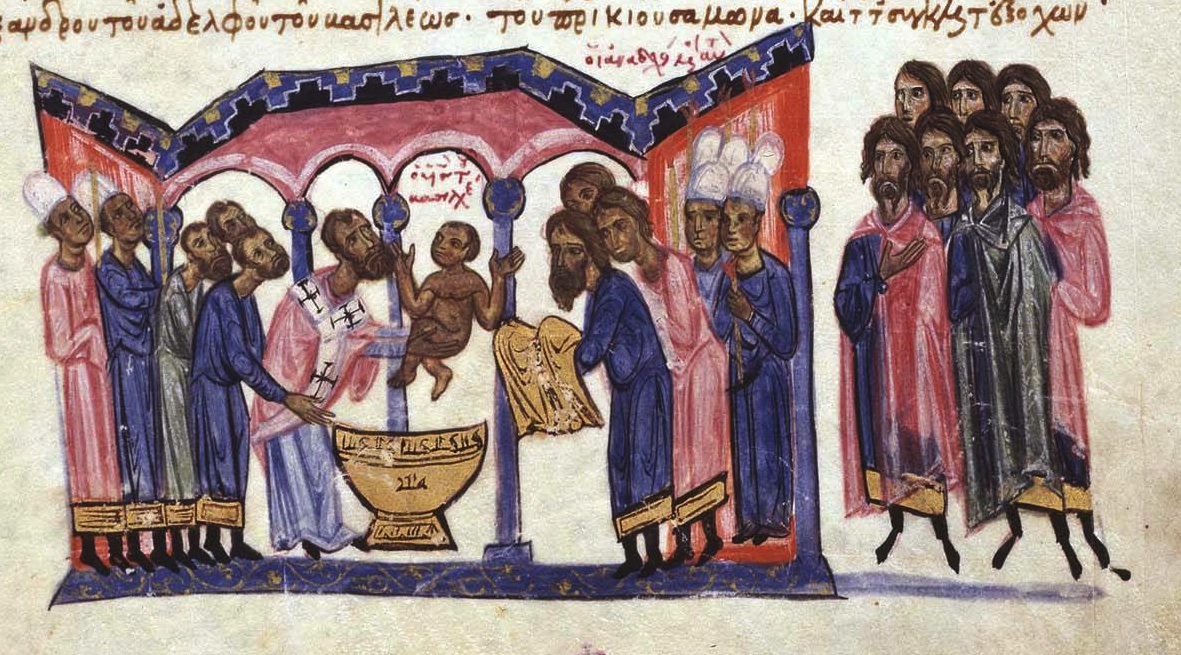|
Porphyrogeniture
Traditionally, born in the purple (sometimes "born to the purple") was a category of members of royal family, royal families born during the reign of their parent. This notion was later loosely expanded to include all children born of prominent or high-ranking parents. The parents must be prominent at the time of the child's birth so that the child is always in the spotlight and destined for a prominent role in life. A child born before the parents become prominent would not be "born in the purple". This color purple came to refer to Tyrian purple, restricted by law, custom, and the expense of creating it to royalty. ''Porphyrogénnētos'' ( el, Πορφυρογέννητος, , purple-born), Latinisation of names, Latinized as ''Porphyrogenitus'', was an honorific title in the Byzantine Empire given to a son, or daughter (, , Latinized ''Porphyrogenita''), born ''after'' the father had become emperor. Both imperial or Tyrian purple, a dye for cloth, and the purple stone Porphyry ... [...More Info...] [...Related Items...] OR: [Wikipedia] [Google] [Baidu] |
Constantine VII Porphyrogenitus
Constantine VII Porphyrogenitus (; 17 May 905 – 9 November 959) was the fourth Emperor of the Macedonian dynasty of the Byzantine Empire, reigning from 6 June 913 to 9 November 959. He was the son of Emperor Leo VI and his fourth wife, Zoe Karbonopsina, and the nephew of his predecessor Alexander. Most of his reign was dominated by co-regents: from 913 until 919 he was under the regency of his mother, while from 920 until 945 he shared the throne with Romanos Lekapenos, whose daughter Helena he married, and his sons. Constantine VII is best known for the '' Geoponika'' (τά γεοπονικά), an important agronomic treatise compiled during his reign, and three, perhaps four, books; '' De Administrando Imperio'' (bearing in Greek the heading Πρὸς τὸν ἴδιον υἱὸν Ῥωμανόν), ''De Ceremoniis'' (Περὶ τῆς Βασιλείου Τάξεως), '' De Thematibus'' (Περὶ θεμάτων Άνατολῆς καὶ Δύσεως), and '' Vita Basi ... [...More Info...] [...Related Items...] OR: [Wikipedia] [Google] [Baidu] |

